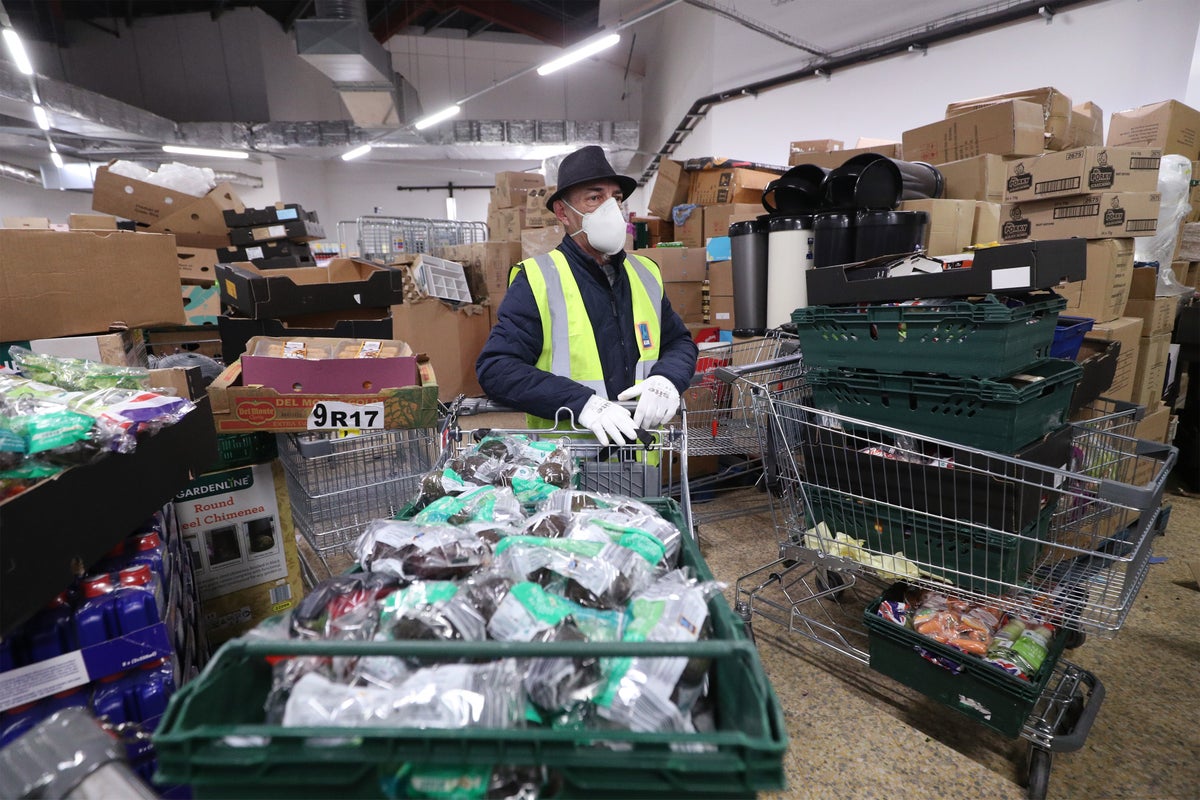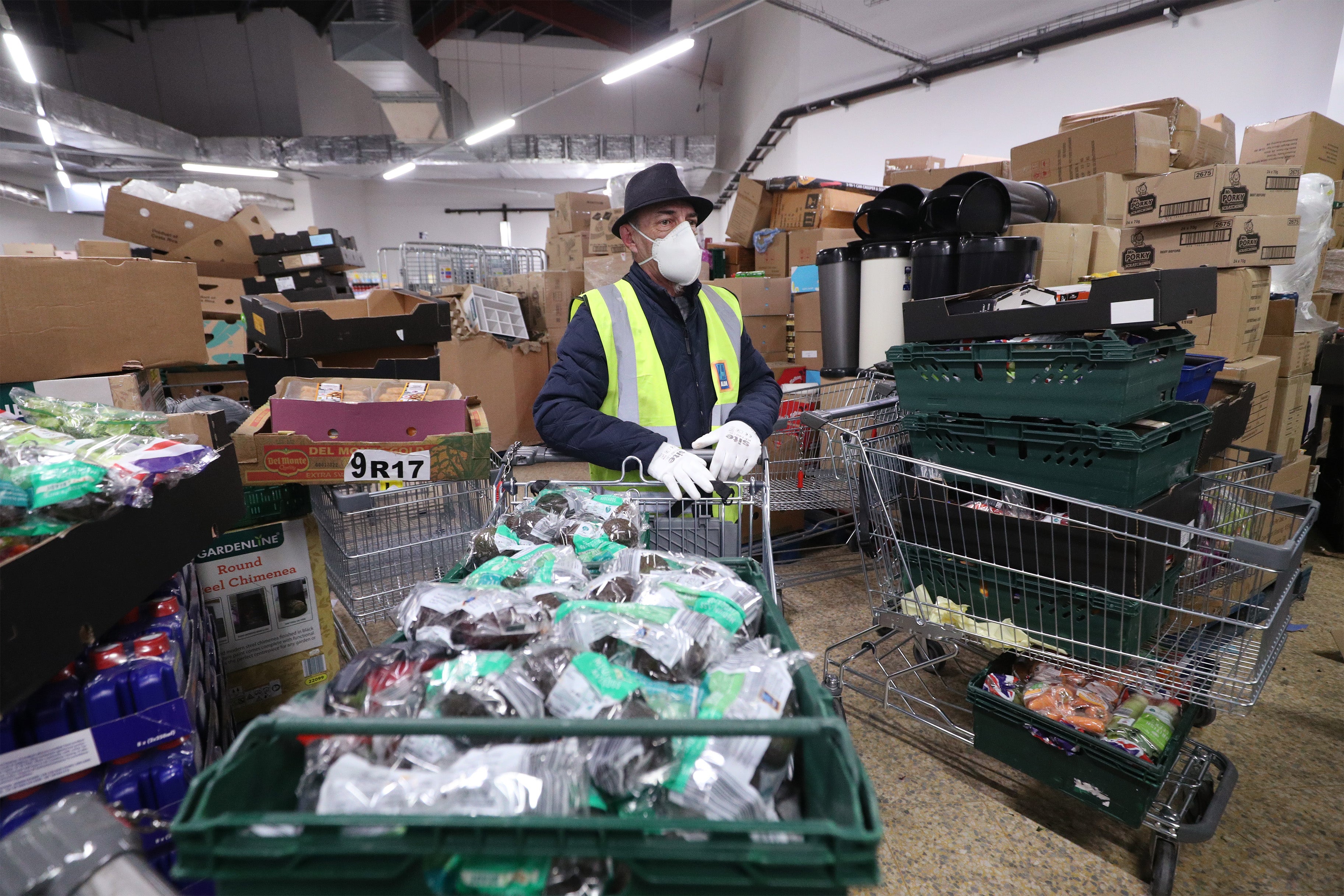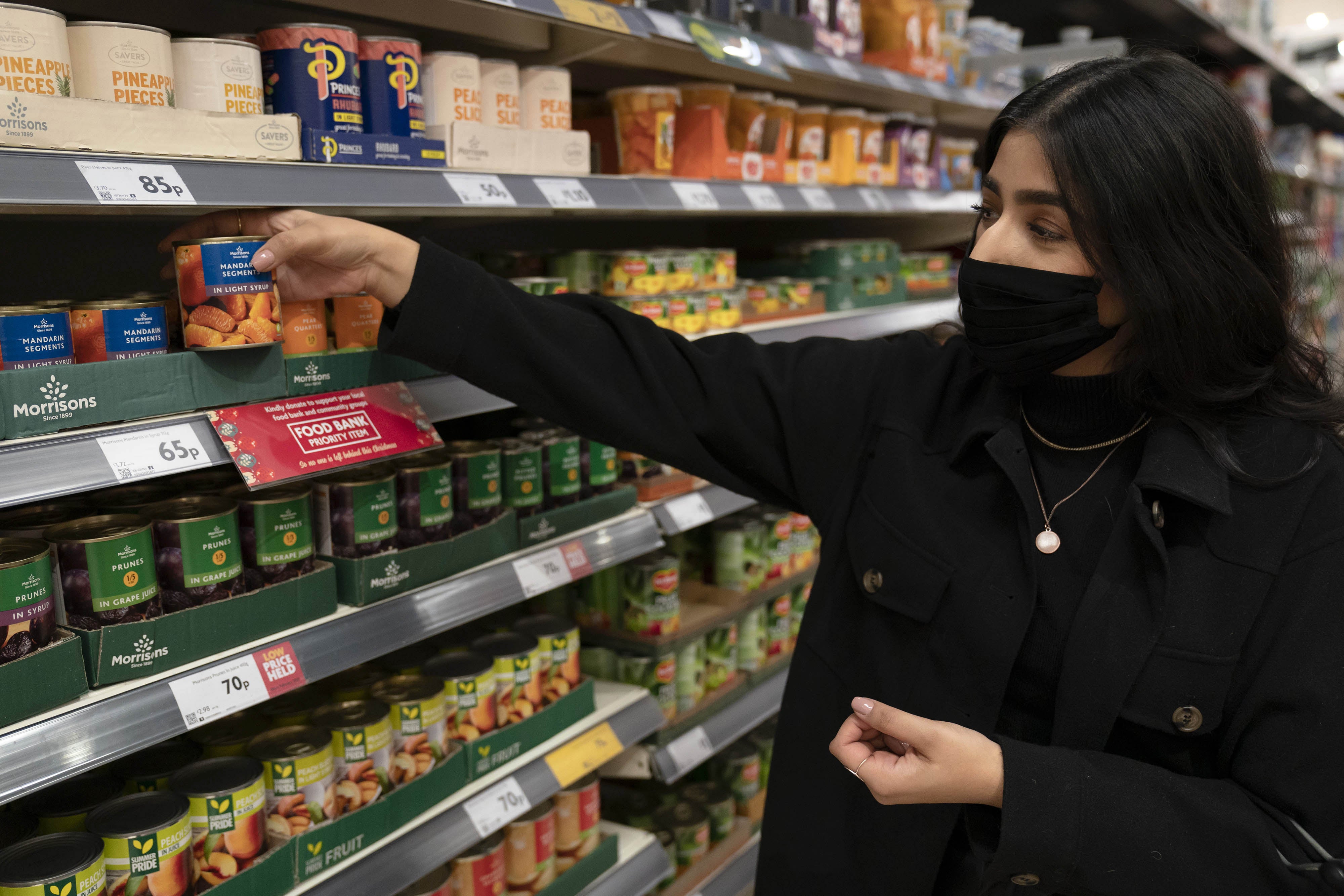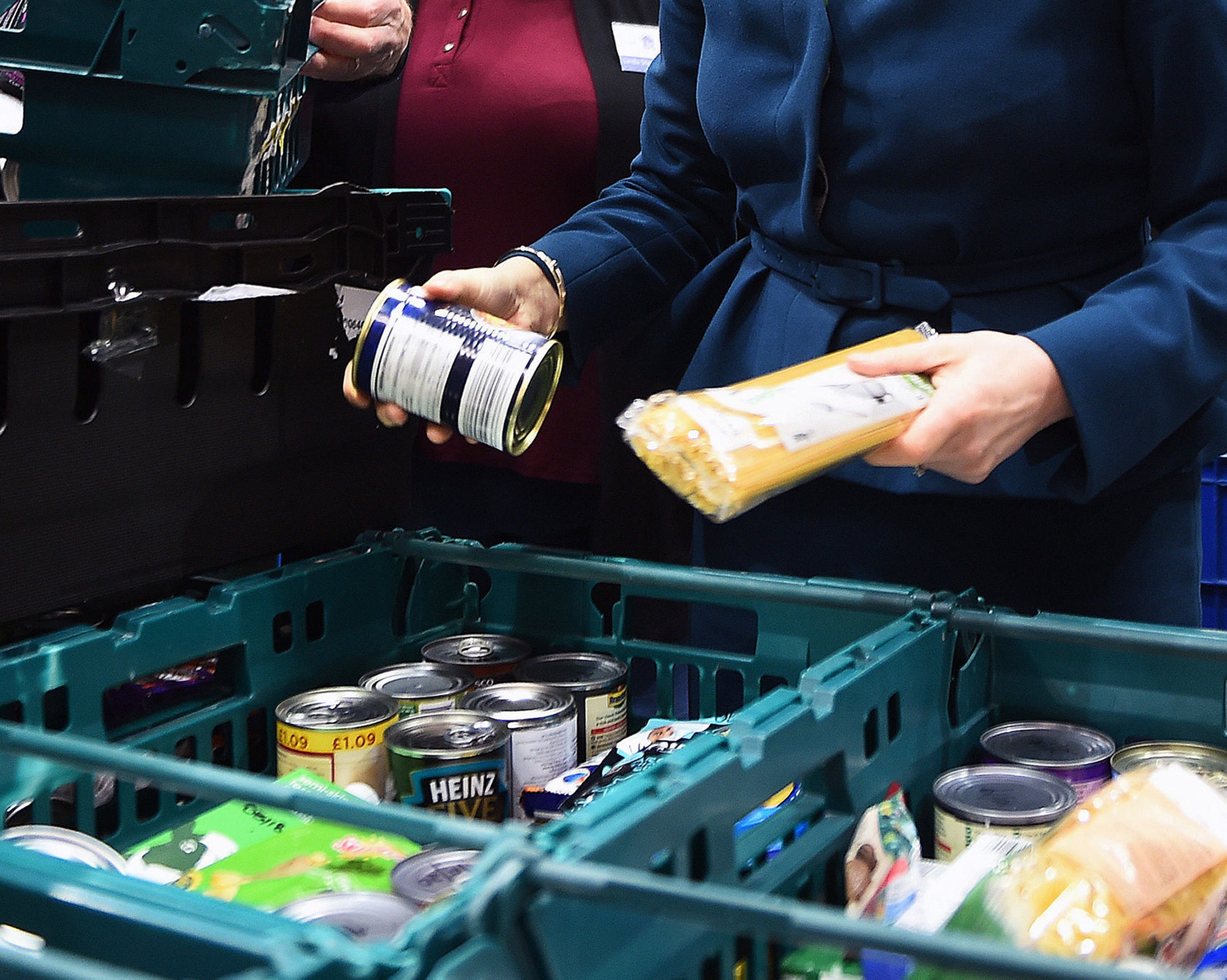
Families struggling with the cost of living crisis are unplugging ovens and fridges to save on energy costs, according to frontline charities.
Parents are also skipping meals to be able to provide for their children amid soaring food prices, which are rising at the fastest rate since 1980.
The price of a weekly basic basket of food for an adult has surged by 15 per cent in the last six months, with the average shop now costing £49.36 per week for a man and £45.55 per week for a woman, according to charity The Food Foundation.
The annual energy bill for a typical household rose from £1,971 to £2,500 on 1 October.

Consumer Price Index inflation hit a 40-year high of 10.1 per cent on Wednesday, fuelled by the soaring cost of food.
Food price rises hit a 42-year high in September, according to the Office for National Statistics, with the cost of bread, cereal, meat, milk and cheese leading the way.
Andrew Forsey, the national director of charity Feeding Britain, said that “before, families were choosing between heating and eating”, adding: “We’ve now got to the stage where families can afford neither, and are even unplugging fridges and taking out lightbulbs in a desperate attempt to cope”.
Are you in a similar position? Contact holly.bancroft@independent.co.uk with your story
Diana Smith, 67, from Theddlethorpe St Helen, Lincolnshire, told The Independent she couldn’t afford to have a fridge or a freezer in her home because of rising energy bills.
“Every time it comes down to money,” she said. “For my food, I picked up a polystyrene box from the cash and carry. It’s not very effective during hot weather but during the cold weather it will keep stuff fresh for a couple of days.”

Rachel Ledwith, head of community engagement at food distribution charity The Felix Project, said that community groups were asking them for food that wouldn’t take a lot of energy to cook.
“We are seeing groups asking for food that will cook quickly, because of the huge rise in electricity prices people are concerned about the costs of cooking food, so items like potatoes and butternut squashes are unpopular,” she said.
“The other big issue is supply to traditional foodbanks. People are donating less to these, so the organisations we help are asking for non-perishable goods, like pasta and cereal, to make up the ever-growing shortfall.”
Trisha Richards, chief executive of community organisation Castlehaven - which receives food from The Felix Project - said that they help a number of people who don’t have the facility to cook at home.
“We’ve got three people we definitely know don’t have any cookers or freezers, they’ve only got microwaves,” she said.

“They can’t have fresh vegetables, or meat or fish, because they can’t cook them properly. They generally want us to give them fresh ready meals.
“Some people have even turned up without any knife, forks, cups or plates. It’s horrendous how people have to live.”
She said that she has also noticed a totally different demographic of people using their foodbank over recent weeks. “These are the working poor,” she said.
Demand is increasing, the number of volunteers is decreasing and food prices are soaring, she added.
Kate Lott, project manager at the Living Well Bromley food bank in London, told the Financial Times: “We’ve had people recently saying ‘can I have food that I don’t have to put in the fridge because I’ve turned the fridge off?”

Other users are asking for food that they don’t have to cook because they have turned off the gas, she added.
Billy McGranaghan, the founder of Dads House in London, said that some of the families that his charity is helping were cutting back on their energy bills by not using kitchen appliances.
“A lot of visitors have pre-payment energy meters and so they really feel it when bills go up,” he said. “They are often just taking food from the food bank if it can be used in the microwave so they don’t have to use the oven.
“We’ve got mums who come to us who are saving their oven use for their kid’s meals. They are just having one meal a day and cutting back on hot meals. Often they will just make a sandwich or something so they don’t have to use energy.”
The charity runs lunch clubs for parents who are in need and supports around 800 families a week. He said he hadn’t heard of people cutting off the use of their fridge, however.
The Trussell Trust, an umbrella charity running a nationwide network of food banks, said they had anecdotally heard of requests for more cold food parcels over the past few months. This is so items, such as tinned food, can be heated in the microwave, using less energy.







